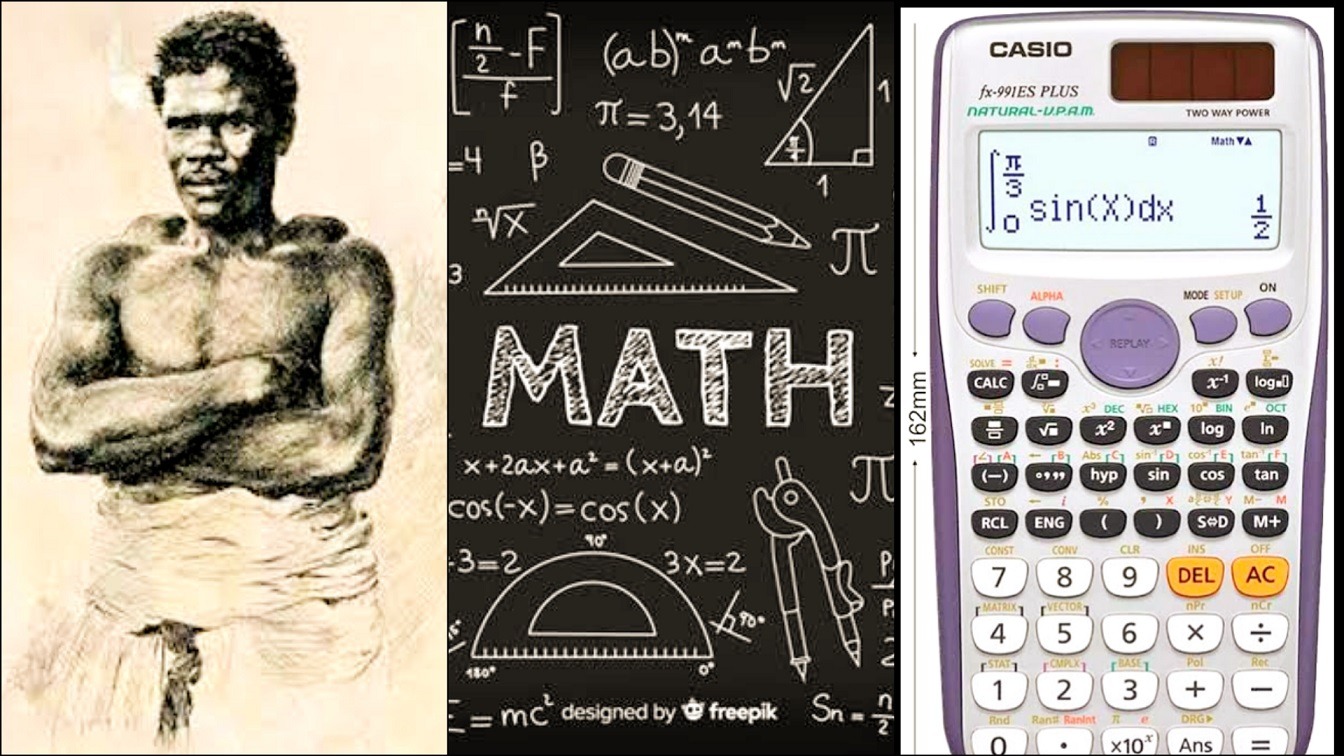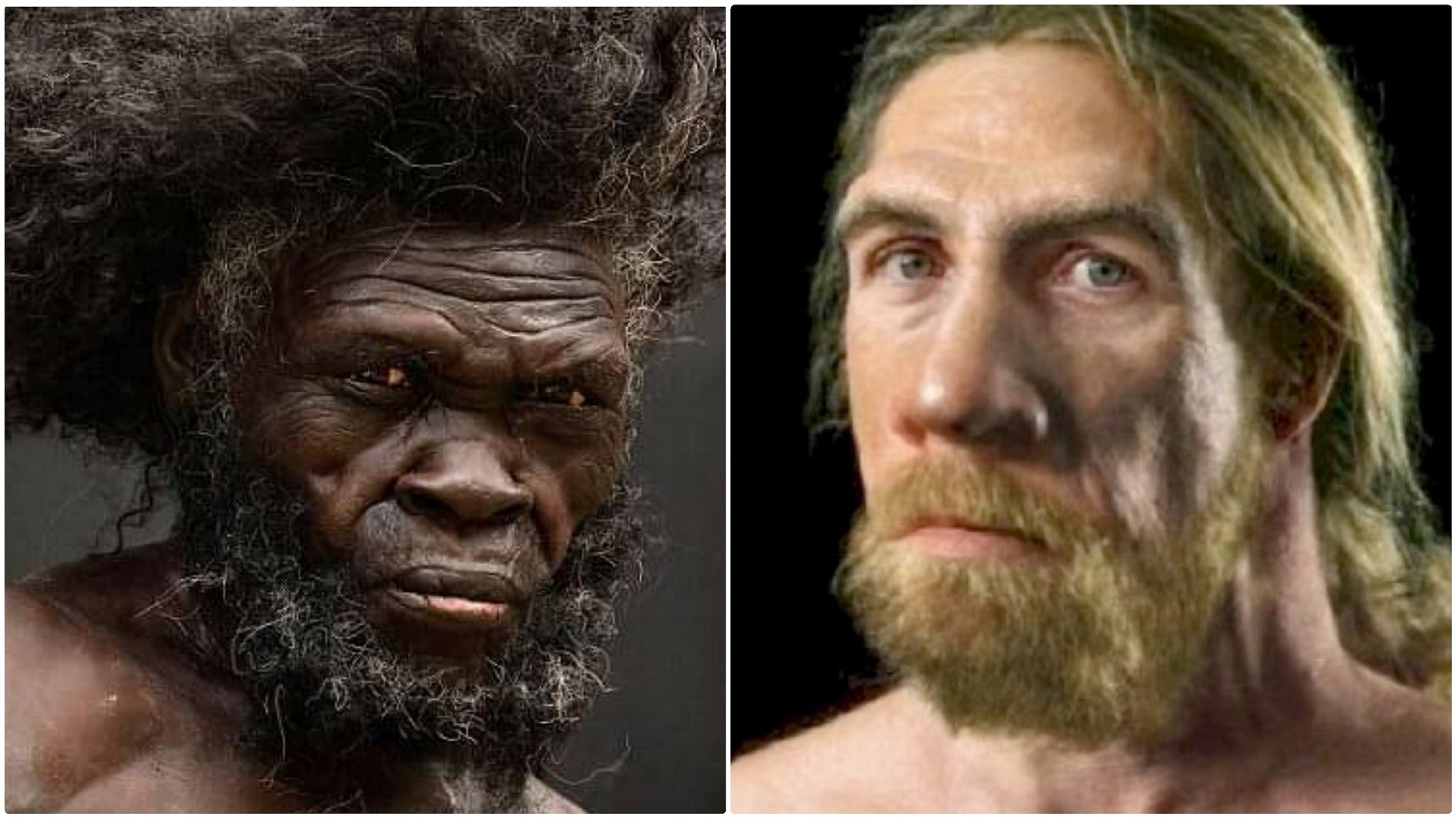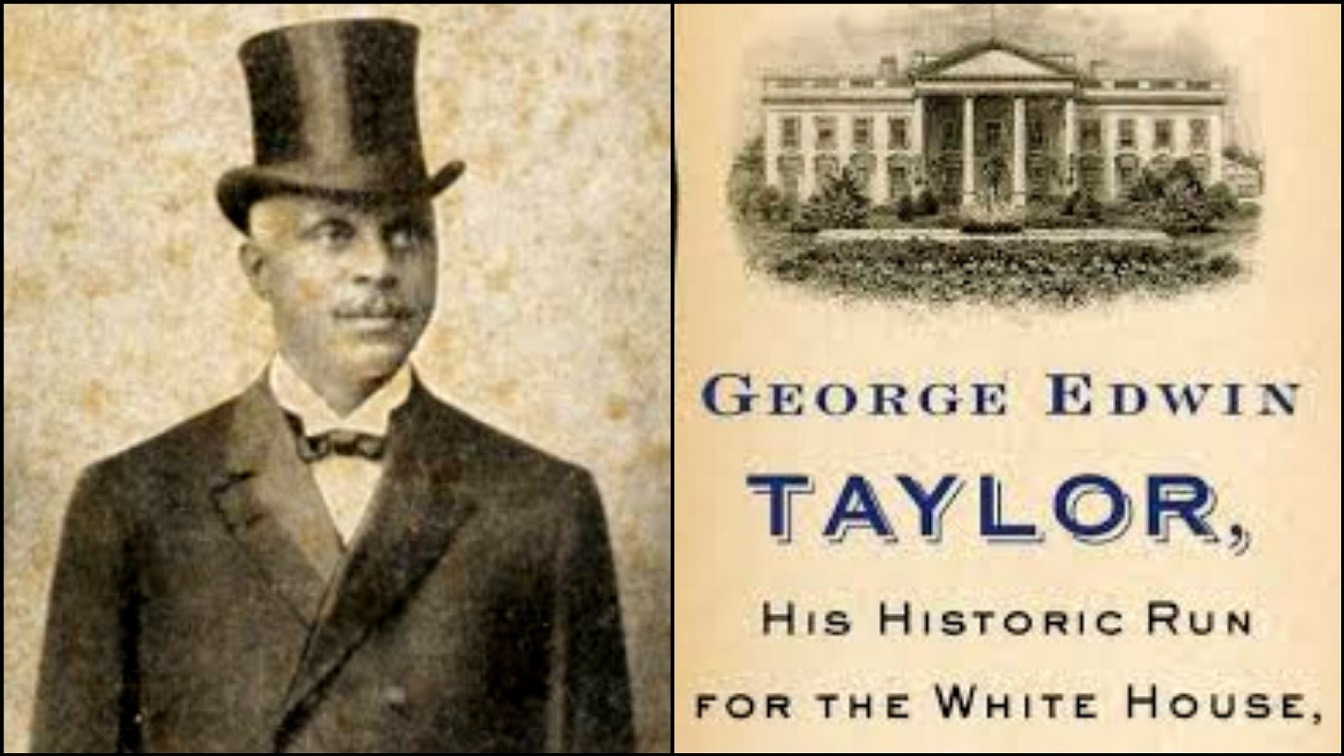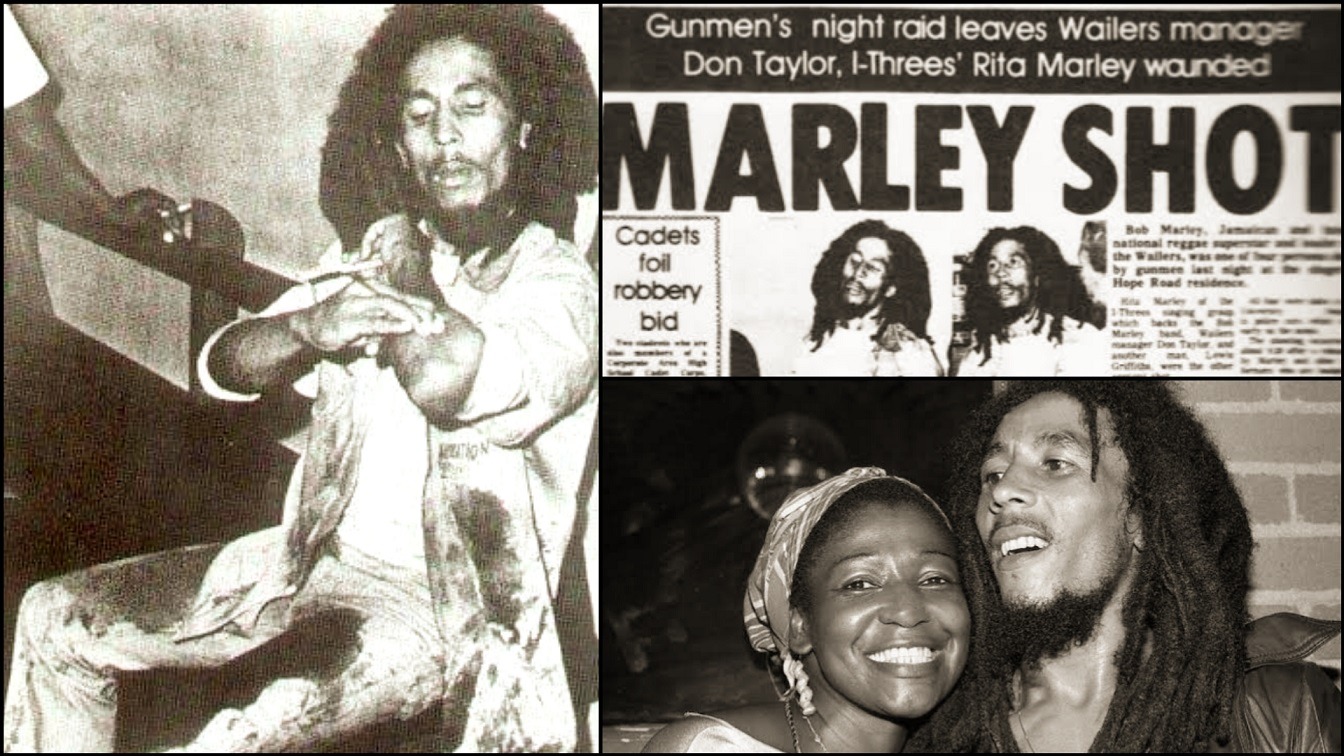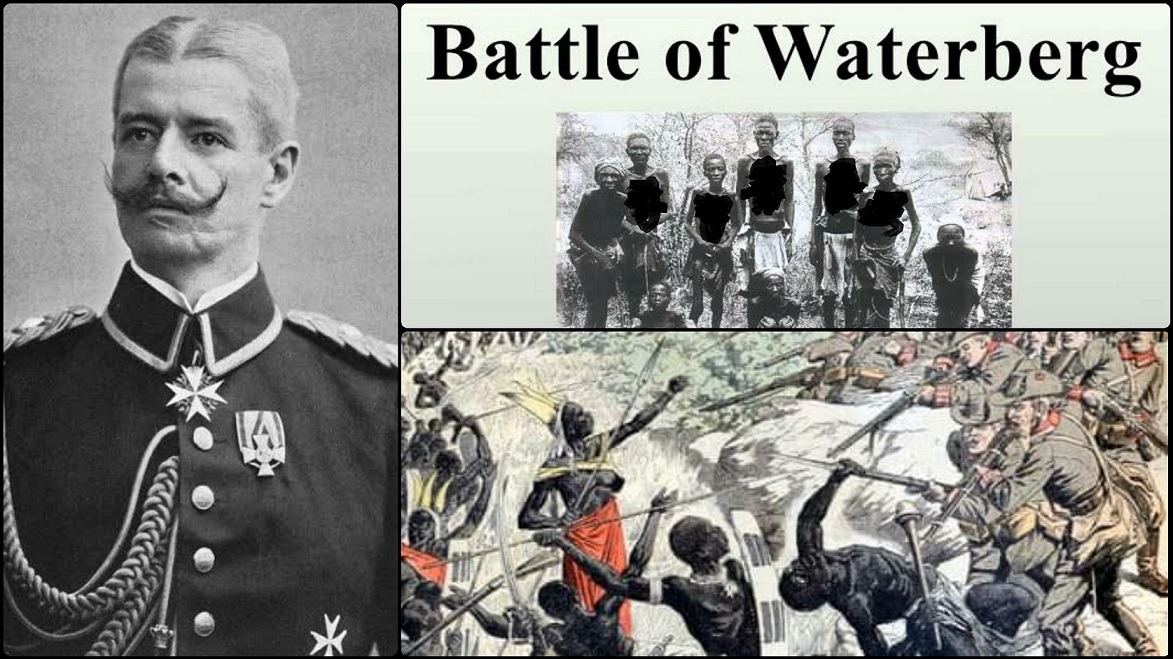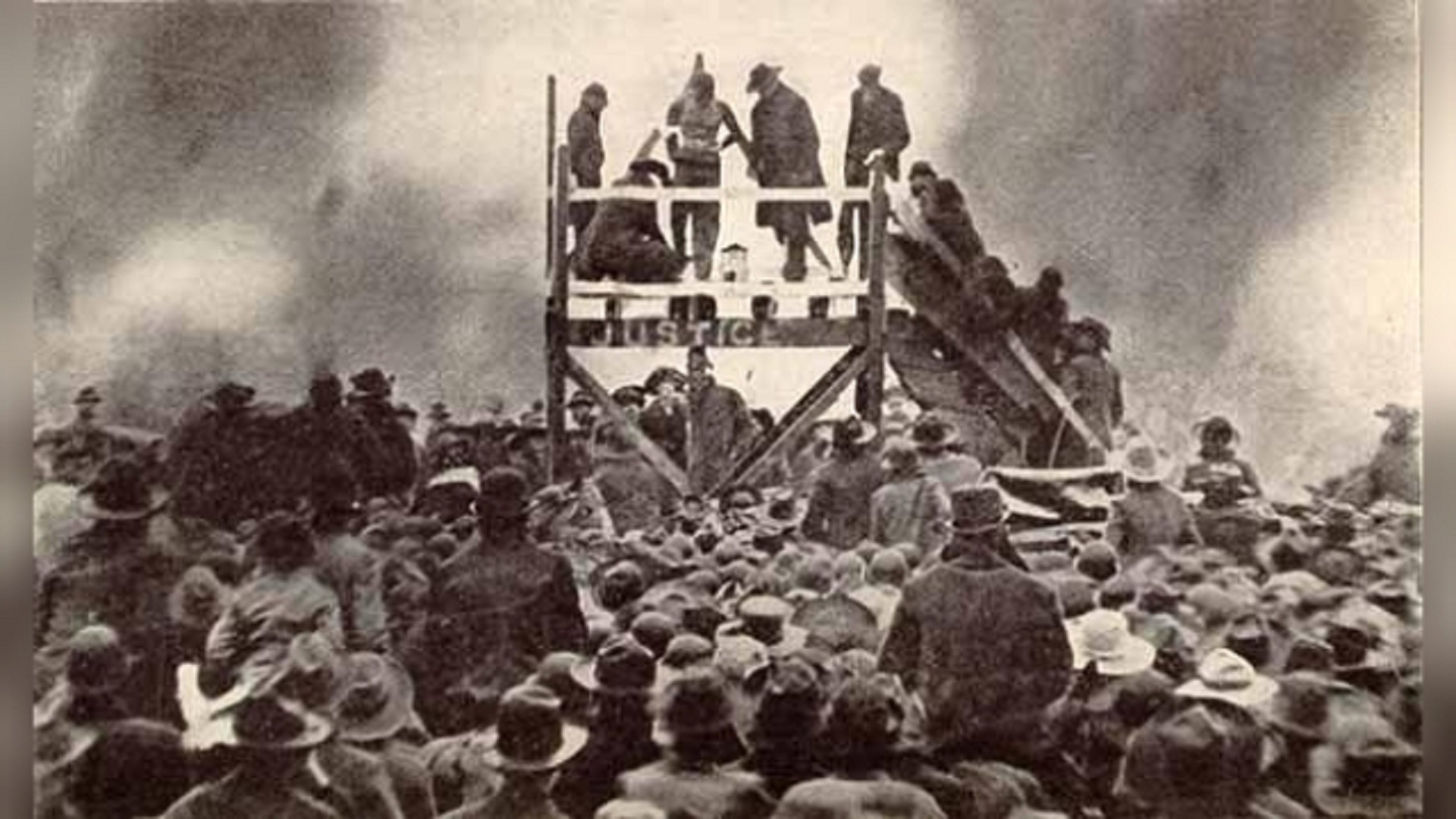Thomas Fuller, The Virginia Calculator (LWA): In many of our articles and publications, we have strongly and boldly praised the ingenuity of the Black race, being the first humans on earth and paving the path for subsequent civilizations. Littered all over human history are pieces of evidence of our exceptionalism – a testament to our superiority in the hierarchy of the human species.
One story which does justice to the aforementioned is an untapped and maliciously caged genius, Thomas Fuller.
Born in 1710 between Liberia and the Kingdom of Dahomey (Benin), Thomas Fuller went by the nickname “Virginia Calculator.” He was stolen from his native land as a boy of 14 in 1724, sold into slavery, and brought to colonial America.
At the time, and even to date, anyone who could not read and write the English language is considered an illiterate in a derogatory manner; and society often feels that person does not have a working brain. Just because you can’t speak another man’s language. So, Thomas Fuller was considered an “illiterate” for not being able to read and write the English language, even though he showed exceptional talent in solving complex and difficult math problems in his head.
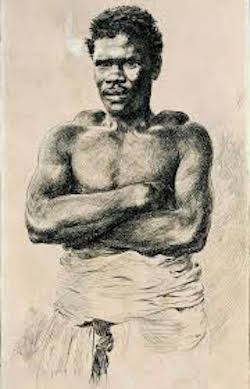
“Just like the black Africans who built the pyramids with mathematical accuracy, Thomas Fuller, was a walking arithmetic genius – it ran in his DNA.” ~ Chuka Nduneseokwu
Thomas Fuller’s white enslavers were planters from Northern Virginia. They were fast in recognizing his unbelievable capabilities, and in the usual manner of Caucasians usurping talent and wealth, they started to use him in the daily management of their plantation farm. The farm, a 232-acres wide expanse of land, was about four miles from Alexandria, Virginia.
Thomas Fuller was too exceptional not to be noticed by those around him. Because he was denied foreign education (as other enslaved Africans) by his enslavers and worked the field for most of his adult life, many believed he had learned how to calculate much earlier in life, as a child.
When questioned about his extraordinary arithmetic skill, he explained that they came naturally from his experimentation with certain farm products. He counted the hairs in a cow’s tail, or counted grains in bushels of wheat and also flaxseed.
One finding which he was renowned for was discovering a new way of multiplying how far apart objects are, which waded into complex astronomy-related computations, now being done by computers and dedicated systems.
Thomas Fuller’s ingenuity made him a priced possession for his enslavers, to the extent they refused to sell him, after receiving numerous offers for his purchase. They could not let go. They were very much dependent on his outstanding abilities to measure complex things with his mind.
In 1780, on hearing of Thomas Fuller’s outstanding abilities, a Pennsylvania businessman and some of his associates, traveled to Alexandria to meet him. Thomas was 70 years of age and was elderly. To satisfy their curiosity and also to gauge his intelligence, the businessman and his associates asked Thomas Fuller some questions.
Of the many questions, two were noteworthy: (1) How many seconds were contained in one year and a half? And, (2) How many seconds has a man lived if he had been alive for 70 years, 17 days, and 12 hours?
In less than two minutes, he gave them the answers, 47,304,000 and 2,210,500,800, respectively. One of the men objected, saying he answered the second question wrongly, stating that his own calculations gave a smaller number. Thomas Fuller quickly responded saying: “(Stop), Massa, you forget de leap year.”
When the white man who made the observation recalculated and added the extra days for every four years, he and his counterparts grudgingly accepted Fuller’s answers. They would later submit their observations of Thomas Fuller’s arithmetic and computational abilities to the Abolitionist Society of Pennsylvania.
When someone who had witnessed Thomas Fuller’s computation abilities said that it was a pity that he had not been educated in the United States, Fuller replied him saying: “It is best I got no learning; for many learned men be great fools”
Thomas Fuller died at the age of 80 on the Coz farm near Alexandria, Virginia in 1790. In a publication for his obituary, a Boston, Massachusetts newspaper, called The Columbian Centinel wrote: “Thus died ‘Negro Tom,’ this self-taught arithmetician, this untutored Scholar! — Had his opportunities of improvement been equal to those of thousands of his fellow men, neither the Royal Society of London, the Academy of Science at Paris, nor even Newton himself, need have been ashamed to acknowledge him a Brother in Science.”
The computational abilities of Thomas Fuller have been analyzed by many people in recent times, and many have concluded that he learned how to calculate back home in Africa before he was brought to the U.S.A. They do so to diminish his prowess and light. But while they try to do that, they in turn show the world that indeed Africans were not primitive, inferior, uncivilized, and backward as many European scholars claimed at the time (and even to date). It shows the world that truly Africans were way more advanced in sciences (a fact which has thousands of ancient artifacts and inventions to prove it).
Africans were advanced in mathematics and calculations before they encountered the caucasian man. To buttress our point, here is a passage that was written by Thomas Clarkson in 1788 which described the purchase of African slaves from an African dealer: “It is astonishing with what facility the African brokers reckon up the exchange of European goods for slaves. One of these brokers has ten slaves to sell, and for each of these, he demands ten different articles. He reduces them immediately by the head to bars, coppers, ounces… and immediately strikes the balance. The European, on the other hand, takes his pen, and with great deliberation, and with all the advantage of arithmetic and letters, begins to estimate also. He is so unfortunate, as to make a mistake: but he no sooner errs, than he is detected by this man of inferior capacity, whom he can neither deceive in the name or quality of his goods, nor in the balance of his account.”
Support Liberty Writers Africa
Our goal at Liberty Writers Africa is to teach our history, defend our people worldwide, and awaken the sleeping ones. Help us fund our researches and hire competent editors. Click HERE To DONATE to Us.
